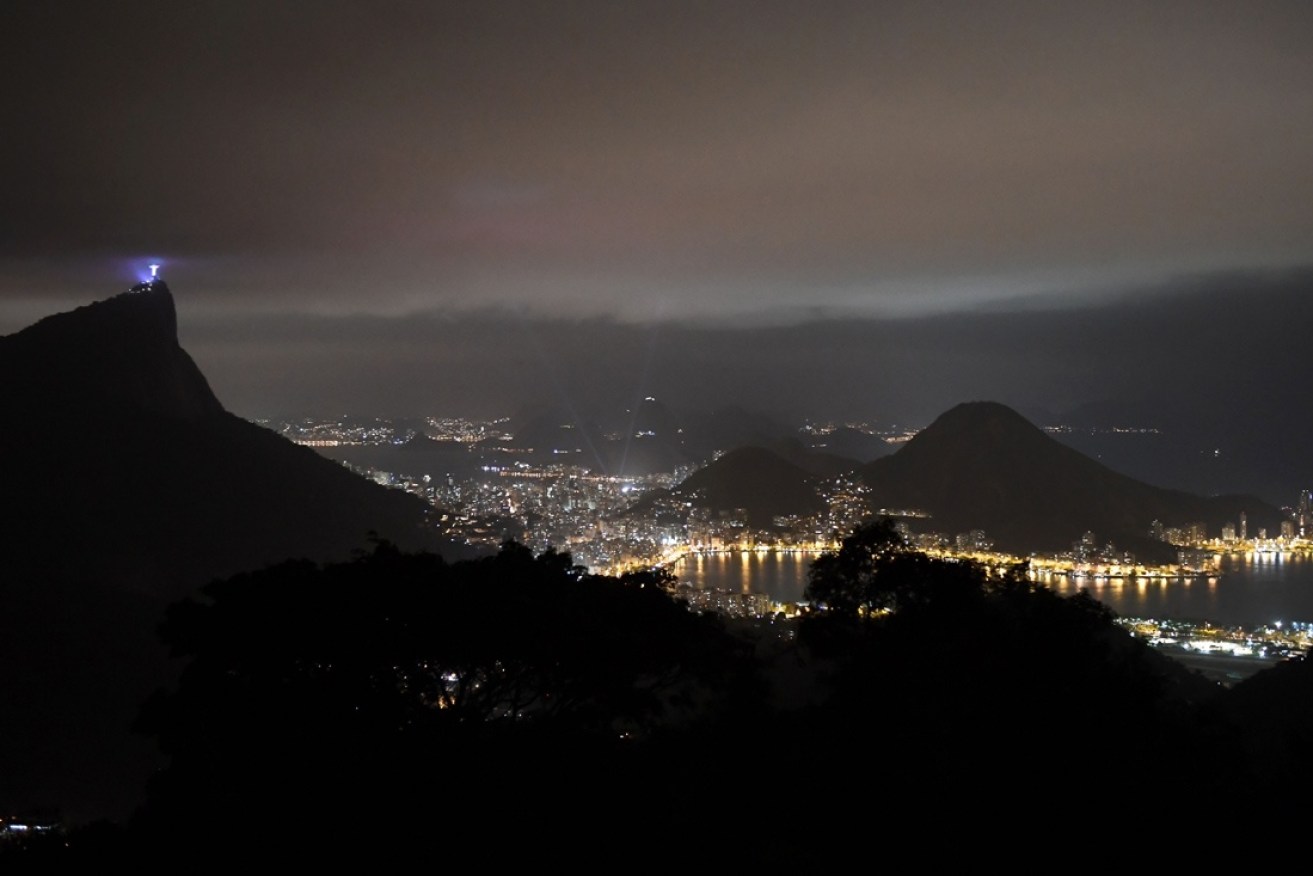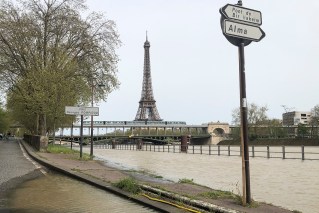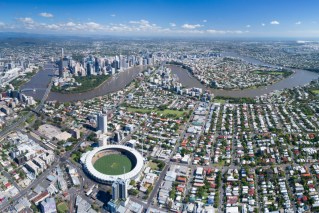Rio Olympics 2016: What the safety situation in Brazil is really like


Rio de Janeiro by night. Photo: Getty
It’s a question I’ve been asked almost every time I contact people at home.
Since I’ve been in Brazil, everybody wants to know one thing; How dangerous is Rio? Do you feel safe?
The answer is, up until now, not what people expect.
In this city of more of than 12 million, where almost 20 per cent of the population live in an estimated 1000 favelas, I haven’t felt individually threatened for my safety, welfare (or wallet) once.
I feel as safe as could be expected, in a city with widespread poverty and all the usual problems of a large South American metropolis.
It’s quite a surprise.
Remember the headlines before the Games got underway?
Apart from the much publicised Zika threat and the incomplete facilities, it was also portrayed that visiting athletes, fans and journalists would be walking into a crime zone on a staggering scale.
There was the statistics about murder rates, the stories about proliferation of express kidnapping (where you are driven to an ATM, made to withdraw cash, then left somewhere on the outside of the city), while some colleagues took great delight in circulating videos of CCTV footage in Rio showing blatant petty crime and mugging in broad daylight on busy streets.

Copacabana Beach is popular with tourists. Photo: Getty
There was a huge climate of fear.
One suspected a knife – or pistol – wielding local around every corner and some official advice even warned to be wary of taxi drivers, who, it was said, are often in collusion with criminals and deliver unsuspecting passengers to them.
We were advised to carry a dummy wallet, leave watches at home and keep our credit cards in our shoes.
The caution may have been justified – to remind people that Brazil was nothing like Australia or New Zealand – but so far the grim picture that was painted has been far from reality.
I’ve caught numerous taxis in Rio.
I’ve walked streets late at night and stopped for food from a road side stall at 2am.
I’ve also taken a couple of motorcycle taxis, that have zipped through back streets and side alleys to circumvent all the closed streets around the Olympic precinct, making me a prime target for any anonymous crime.
Maybe I’ve been reckless. Maybe I’ve been lucky.
But Rio hasn’t – yet – been the crime-riddled hell hole that might have been expected.
Firstly, there is security on every corner.

The security presence is high. Photo: Getty
Anywhere within a stone’s throw of an Olympic precinct, a major transport hub or a popular tourist spot, and you’ll find a heavy security presence, some of the 85,000 personnel drafted in for these Games.
They are members of the army and/or police, complete with rifles and machine guns.
There is an entire platoon stationed at one end of major Olympic park at Barra and a heavy military presence on every corner around the athletics track.
Secondly, Brazilians aren’t as bad as everyone made out.
As I’ve found, the vast majority are just trying to work hard, live their lives and put food on the table in often difficult circumstances.
And they can be incredibly honest; in the local mini-supermarket your fruit is weighed at one end, then you tell the cashier the price at the checkout.

Brazilian people are friendly and excited by the Games. Photo: Getty
Of course there is an undercurrent of crime, but that is mainly due to the desperation of poverty.
And thirdly, I’ve been staying in Barra, far away from the tourist traps of Copacabana and Ipanema.
Of course there have been incidents, from an Estonian volunteer being robbed at knife point at a local bus station to Aussie swimmer Josh Palmer claiming he was led to an ATM and forced to withdraw money.
There may be more, but most athletes, media and fans I’ve encountered have had a hassle free stay in Rio.
They’ve found the locals friendly, welcoming and willing to help, even advising of areas or places to avoid.
I can vouch for that; once a taxi driver waited until after he dropped me off at 1:30am in the morning, not leaving until he made sure I was inside the building.
On another occasion a local teenager accompanied me to the bus station, after I’d got slightly lost in the side streets near my apartment building.
Rio does have issues.
But nowhere near as many as expected.
Michael Burgess will write stories from Rio de Janeiro throughout the 2016 Olympic Games.








